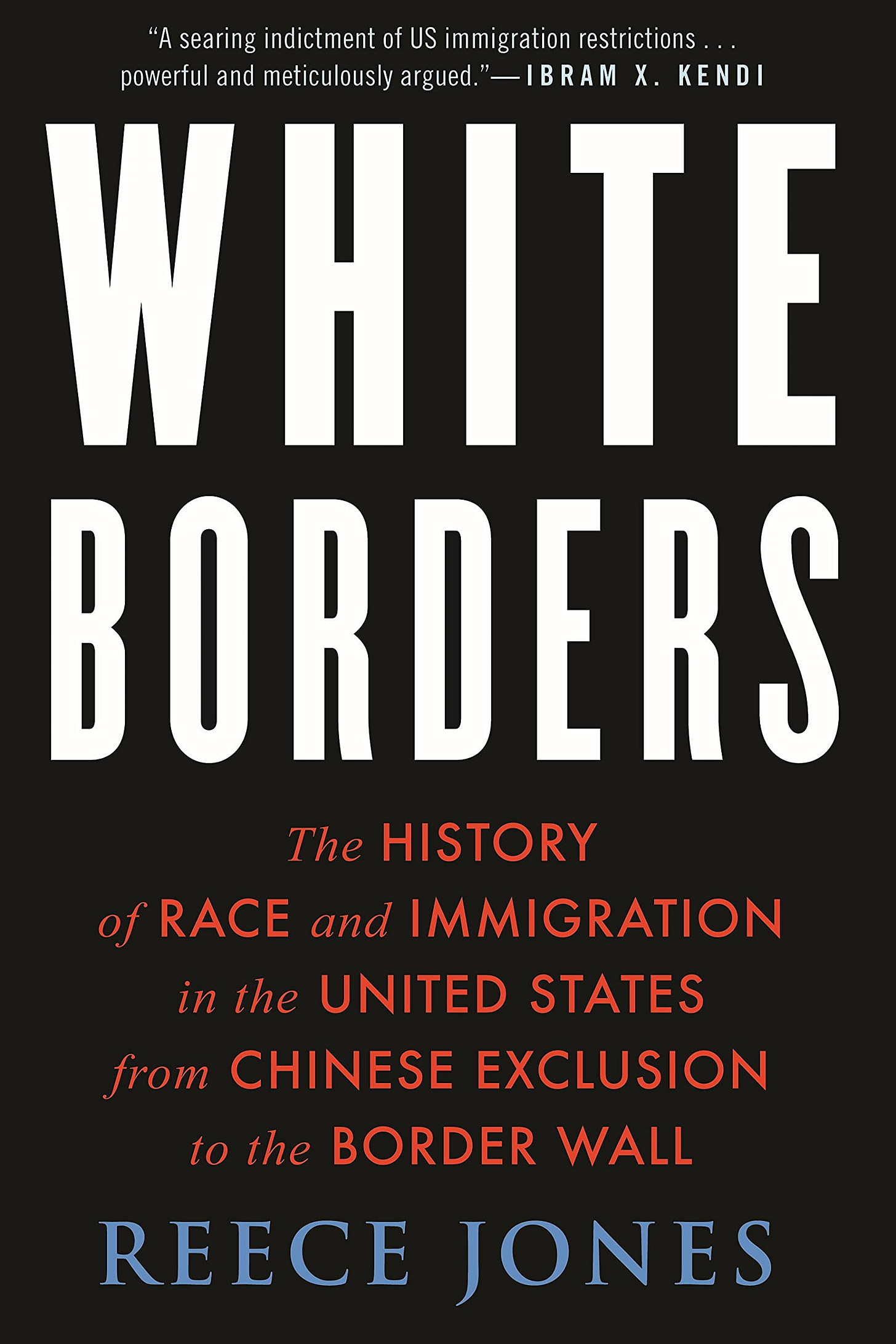Although many Americans believe that racism is a thing of the past, immigration scholars continue to see evidence that racial identity shapes how people are treated by the US immigration system.
Take the two contrasting news stories as a short case study.
According to reporting by Camilo Montoya-Galvez of CBS, about 10,000 Ukrainian refugees have been processed into the United States in the last two months. This is certainly a good thing and a mere fraction of the number of refugees that European countries are taking in right now.
“Between February 1 and April 6, U.S. Customs and Border Protection (CBP) reported encountering 9,926 Ukrainians who lacked legal documentation needed to enter the country, the unpublished agency statistics show. On April 6 alone, 767 Ukrainian migrants were processed by CBP.”
By contrast, Haitian refugees who are fleeing political instability in Haiti since the assassination of President Jovenel Moïse last summer have been turned back at the US-Mexico border, often violently. Not only has the investigation of CBP officers involved in the incident gone nowhere (although Texas Governor Abbott offered them jobs if fired), but Haitians continue to be flown back to Haiti and forgotten by the media.
In the past week, Haitian migrants have changed their migration routes and returned to the maritime route to Florida (used in the early 1980s, but that’s a whole other story) and now arriving by boat near Key Largo. The Coast Guard appears committed to the practice of interdiction and expulsion.
As Tim Craig of the Washington Post reports:
“Coast Guard crews have interdicted 2,953 Haitian migrants at sea since the start of the federal fiscal year on Oct. 1, nearly 1,500 more Haitians than were picked up at sea last year. The Coast Guard is now on track to intercept 15 times as many Haitian migrants this year as it did in fiscal year 2020, according to data supplied by the Coast Guard.”
To compare Haitian and Ukrainian refugees is not to equate them. Nationality is also not the same as race, although the two are often mutually constituted in complex ways. But it does raise important questions about how race and racism factor into immigration controls in 2022. There is no doubt in my mind that the US has a responsibility to resettle both Ukrainian refugees and Haitian refugees. Yet one of these two groups has been represented as invaders and criminals while the other has been represented as worthy of saving.
Geographer Reece Jones’ new book “White Borders: The History of Race and Immigration in the United States from Chinese Exclusion to the Border Wall” is an indictment of the history of racist ideology that built the US immigration system and continues to shape that system today.
By contrasting the treatment of Ukrainian refugees and Haitian refugees—even in this inadequately short essay—we can see evidence of why scholars continue to engage with questions of race and racism in the immigration system. In Jones’ language, the US border continues to function not only as a geopolitical border but as a racial border that reflects and reproduces whiteness and white privilege.
I’m curious what you think. Do you see these (and other) stories as exemplifying the role of race in immigration and border controls? Or perhaps how the media represents immigrant groups differently? Let me know in the comments.
THANK YOU FOR READING! 🙏🏼
If you found this information useful, help more people see it by clicking the ☼LIKE☼ ☼SHARE☼ button below. If you want to get this newsletter in your inbox, please subscribe.






Excellent article Austin. I was thinking about how the media has elevated and honored Ukrainian moms for sending their children with notes written in pen on the kids backs or cell phones. I read an article about a child who walked to the next border but when you compare the narrative to Central American women sending their children across the river at the southern border or looking to get to America for a better life they’re evil and something is wrong with them. How we witnessed the treatment of Haitians proves once again there is an underlying cancer in how and who we help because of how others look.
The racism in the broken immigration system makes me crazy. Yes we should be welcoming Ukrainians; however, there are equally horrific situations from which others, whose skin happens to be brown or black, are fleeing. They are either returned to a country that can no longer support them or stuck at the border in extremely dangerous situations. "Credible fear" should be an actual benchmark.